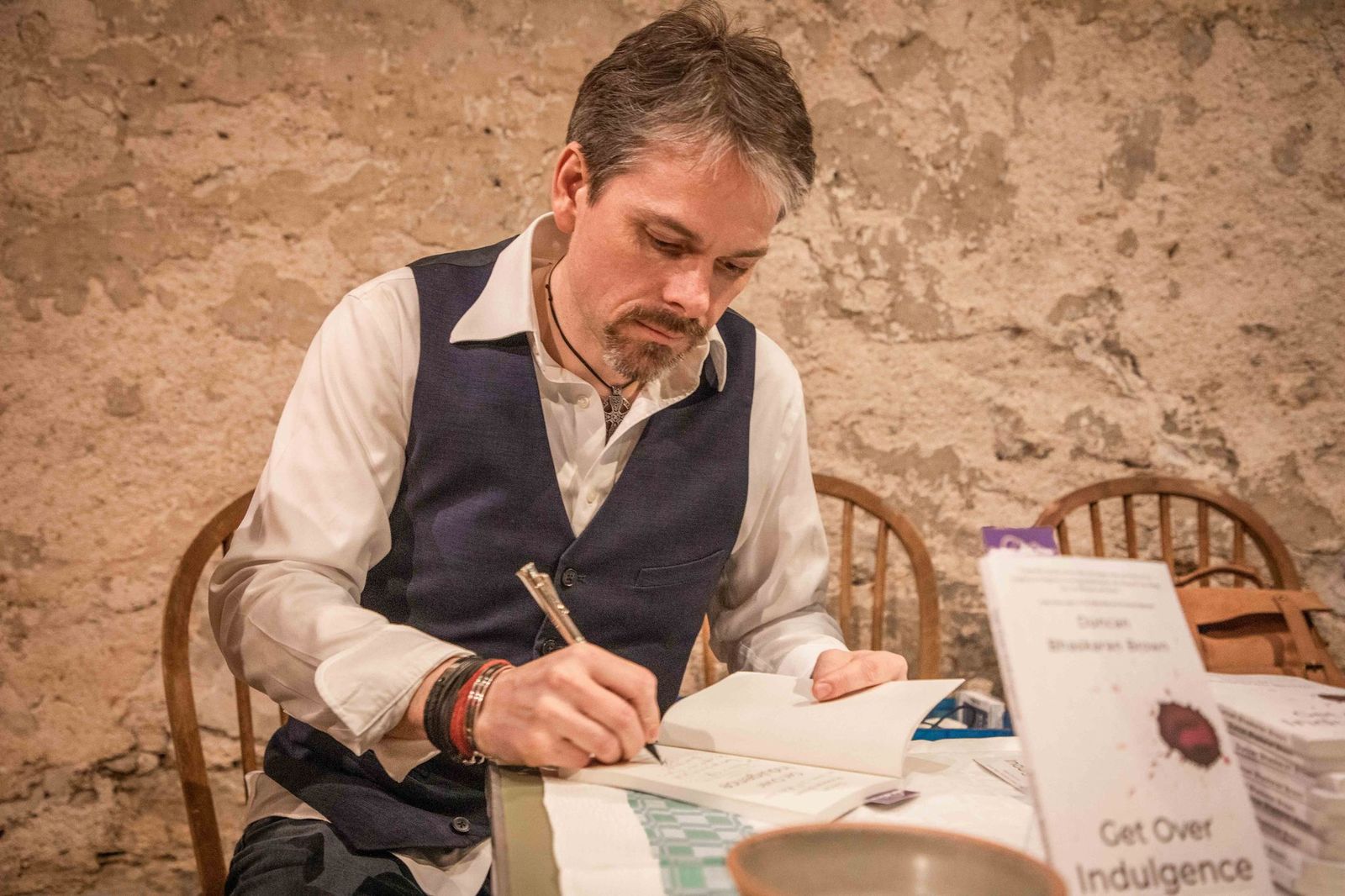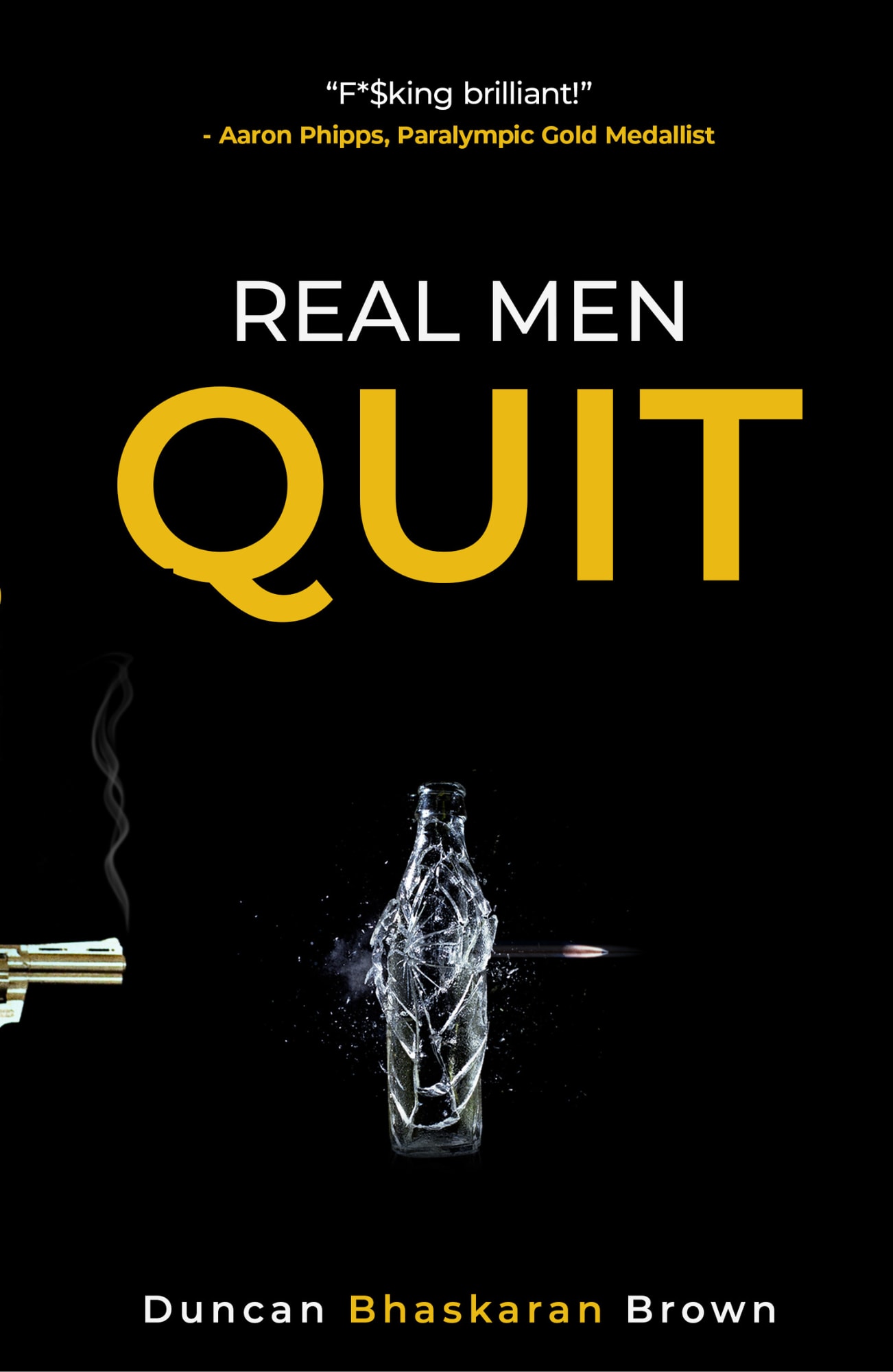You know Jim. He’s the life and soul of the party. He’s a great guy. But sometimes, he drinks a bit too much. Maybe he’s not called Jim, but you do know him. He’s a lot of fun but you can’t help thinking that he drinks in a way that isn’t right. He seems to be keeping it all together, but you wonder.
 Back in the day you all used to party hard. While everyone else seems to have dialled it back a bit, Jim is still drinking like he’s 20. Maybe it is starting to become a problem? Sure, you may not see him struggle first thing on a Monday morning. You may only get hints of how it’s affecting his relationships. You may not see all the money he spends on booze. But you know it’s starting to stack up. From what you can see it’s affecting his health and his relationships. It’s costing him.
Back in the day you all used to party hard. While everyone else seems to have dialled it back a bit, Jim is still drinking like he’s 20. Maybe it is starting to become a problem? Sure, you may not see him struggle first thing on a Monday morning. You may only get hints of how it’s affecting his relationships. You may not see all the money he spends on booze. But you know it’s starting to stack up. From what you can see it’s affecting his health and his relationships. It’s costing him.
Jim is not alone.
10% of men in the UK drink daily. That alone pushes them into the severe risk category. That amounts to over two and a half million men with a drinking issue. Add in all the guys who are binge drinking and we’re talking around eight million men in this country who could do with getting control of alcohol.
Jim may be a friend, he may be a brother, he could be your partner. Jim needs something but you have no idea how to help him. The standard technique is to tell him how bad alcohol is for him. While I’m not arguing with the fact that alcohol destroys your health, blunts your focus, steals your energy, ruins your relationships and generally turns your life to custard, what I’m saying is, if you tell Jim that, it won’t help him.
Jim’s problem is not so much the drinking, it’s his belief that he has no choice. His belief that he couldn’t relax, socialise or make his life work without alcohol. But there is another way. He needs to see that things can change, that he can change. He needs a role model who’s walked his path. Luckily, there are many men talking about living the sober life these days. Just look at the long and impressive list of sober superstars. Ronnie O’Sullivan, Gerard Butler, Lee Mack, Calvin Harris, Lewis Hamilton, Tom Holland and Daniel Radcliffe, to name only a handful.
While it is true that some people must have medical help after long term alcohol abuse, Jim probably isn’t one of those people. Yes, he drinks but he’s not putting vodka on his cornflakes. He is in reasonable physical health, apart from that growing beer belly. He also has a good support structure around him. If nothing else, he has you.
Remarkable as it sounds, people like Jim get free on their own all the time. You can still help him. There are three things that can make his journey easier. Yes, he needs those role models, but he also needs information and support. There is more information available than ever, there’s a huge number of books, articles, podcasts and videos that can help him understand why he drinks and how to make stopping as pleasant as possible.
And there is a lot of support. There are groups full of people who’ve all been on their own journey to sober. Not just in church basements, but on social media as well. There are many communities of people who want to help. I have met thousands of sober people and pretty much all of them have a burning desire to help other people get free. Getting sober is the most positive change they have made in their lives. Why would they not want to share?
But best of all he has you. You care. You can find a time when he’s not drunk and not hungover and you can ask him what he needs. You could show him a few sober superstars that you found online. You could even show him this article.
Duncan Bhaskaran Brown is a speaker, author and Morris dancer. His new book Real Men Quit is available from Amazon in paperback, audio and Kindle.









